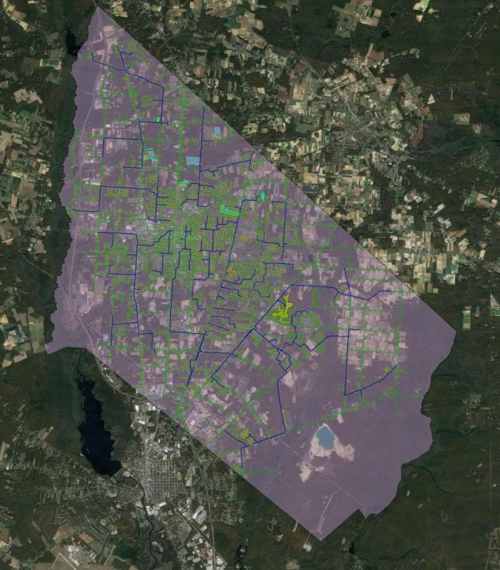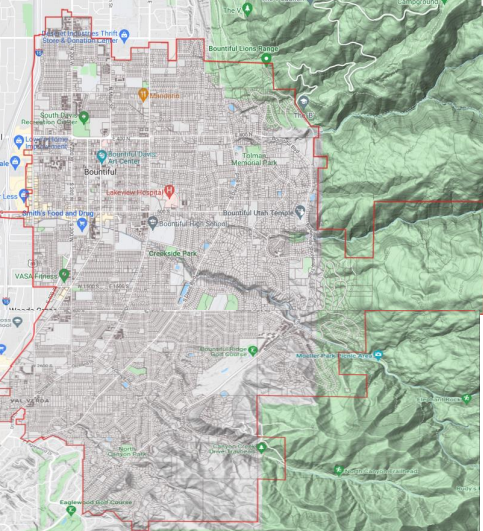Vineland, NJ Nabs $3.7 Million Grant To Begin Municipal Fiber Network
Vineland, New Jersey officials say they’ve secured a $3.7 million grant from the state that will help expand fiber and wireless broadband access to the city of 62,000. Local officials are hopeful the grant is just the beginning steps toward dramatic expansion of affordable access.
Vineland’s new grant was made possible by the New Jersey Broadband Infrastructure Deployment Equity (NJBIDE) grant program. NJBIDE will be delivering $40 million in broadband grants via the state’s Capital Projects Fund (CPF), made largely possible by the 2021 federal passage of the American Rescue Plan Act (ARPA).
NJBIDE grants prioritize fiber optic infrastructure of 100 megabytes per second (Mbps) and mandates the provision of at least one low-cost option (not specifically defined by New Jersey) to serve low income communities – something increasingly important in the wake of the federal government’s retreat from efforts to ensure equitable and affordable broadband. (Still early in the process, the city has not yet determined the exact pricing and service tiers the network will offer once construction is complete).

A 2024 city proposal indicates that city leaders want to spend between $35 and $40 million to create a citywide broadband network, starting with a citywide fiber ring. The city paid for a viability study from Bonfire that found that at least 42 percent of the City does not have access to viable, quality, affordable broadband service.




